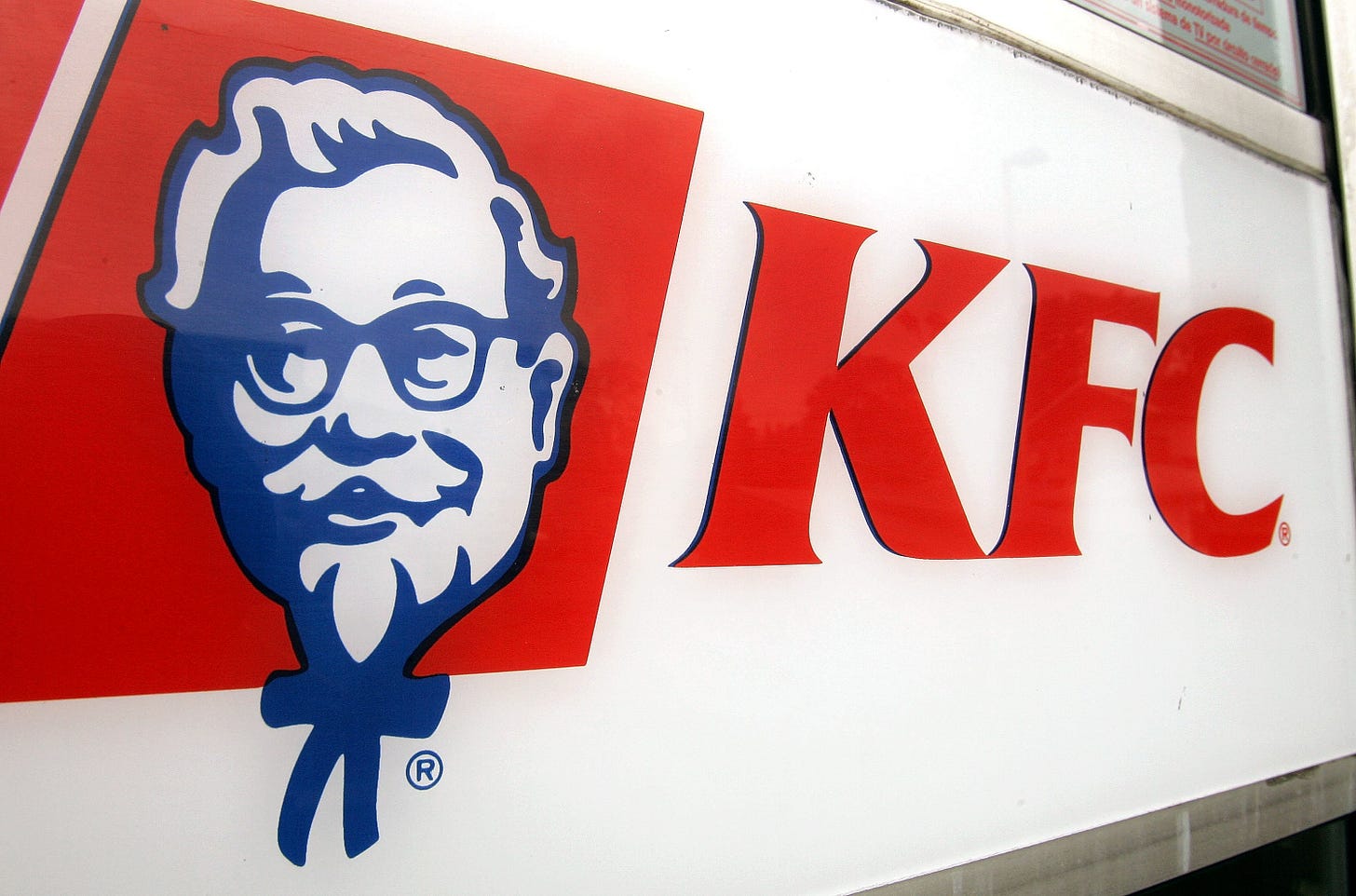#42 - Don't Set Deadlines
Bad Advice #1
Every so often, I see a piece of advice or wisdom that catches my eye for the wrong reason.
I wrote last week about how much information there is out there. It shouldn't be surprising, therefore, that some of the advice circling on platforms like Substack is going to be rubbish.
For the next three weeks, I will be writing about advice or shared wisdom that's just a bit naff. Advice which might sound solid and reasonable, but doesn't hold up when you look at actual examples and situations.
This week I saw a viral note that made me screw my face up. It said:
Goal without deadline = Fantasy
The subtext here is that having goals without a timeframe to achieve them means that you could end up wasting years of your life on the wrong pursuit. It could all be for nothing.
I'm all for setting deadlines and using timeframes and checkpoints to make sure you are making progress and if not, questioning whether it is wiser to pivot away.
But it also got me thinking. Who, or what, might we never have heard of if everyone had this mindset?
It turns out quite a lot.
I can (and will) argue that if everyone had this mindset, we would never have read Harry Potter books, seen Samuel L. Jackson act, or used a Dyson vacuum cleaner. Women may still not be voting, we may not have lightbulbs in our homes, and we would never have eaten a bargain bucket from KFC.
These inventions, achievements and stories involve huge amounts of patience, determination and commitment. If Samuel L. Jackson had said, "It's my goal to become an actor, but I'm going to set a deadline for my 40th birthday" then we would never have seen Pulp Fiction or found out why there were so many goddamn snakes on that goddamn plane. Jackson had been acting for years in smaller roles. He struggled with personal issues until he landed his iconic role in Pulp Fiction in 1994, well into his forties.
Anyone who has tried the proprietary blend of KFC's 11 herbs and spices will know that this recipe and this chicken were destined to always be a part of the fast food zeitgeist.
Colonel Sanders (who I didn't know was a real person until researching this post and whose bow tie I thought was his tiny body) could have set a deadline of a week to get people to taste his recipe and still succeeded in convincing people to help him set up a chain of restaurants. Right?
Wrong.
Colonel Harland Sanders was 65 years old when he started pitching his now iconic fried chicken recipe to potential investors and franchisees after his restaurant was forced to close after a highway was rerouted through its original site.
Rather than seeing immediate success, Sanders spent years driving around the country, living out of his car, and visiting restaurants and investors to convince them to take on his recipe. One source (yes, ok, ChatGPT) suggests that he faced 1,009 rejections before someone finally agreed to take on his recipe.
1,009.
Can you imagine if, after 900 rejections, he'd said to himself, "Right, I'll get to 1,000, but once I get there, I'm done. That's my deadline, and when I get there, I'll stop. Without that deadline, this is just a fantasy."
Good things take time. The best creations are a result of iteration and resilience.
When Thomas Edison was asked about repeated failures, he famously said, “I have not failed. I've just found 10,000 ways that won’t work.”
Great things take resilience, perseverance and patience.
Set deadlines for your teams, not for your dreams. In for a penny, in for a pound.
What I read this week
My fellow SubStacker Giacomo Falcone has been on a tear recently with his page “Getting Better”. His simple-to-follow, incisive weekly posts have led to subscriber growth that I’m not jealous of, at all.
His latest is a breakdown of the GOAT podcast guest Naval Ravikant and his appearance on Joe Rogan. Check it out here!
What I watched this week
Like, a thousand times.
Thank you for reading, see you next week ✌🏻❤️



Great read Jack.
I totally understand the point of the original post because I think it applies to most people.
There’s definitely a bit of nuance that’s lost when condensing an idea down to the level of a social media one-liner.
When writing short-form content (usually to try and go viral), you either sacrifice nuance or eyeballs.
More people will read a one-liner, but it likely won’t be the whole truth.
That’s a good point! I wrote something a while back about the difference between setting prices goals vs outcome goals. An outcome goal focuses on the result. A process goal focuses on the steps you need to take to get there. Goals need to be specific, measurable, clearly defined, have a time frame, and a detailed plan of action to follow.